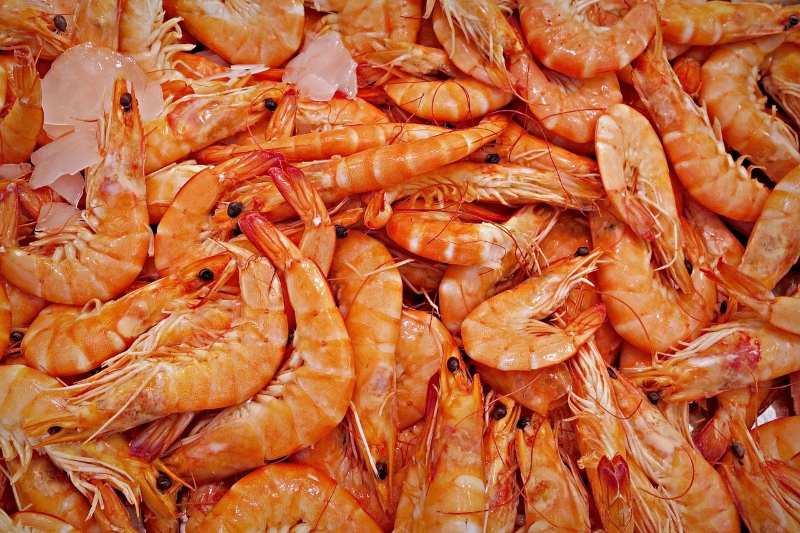Thai seafood giant Thai Union has just announced new ambitious climate targets, including an ambition to achieve net zero ambitions by 2050, describing itself as the first leading seafood processor to set science-based targets for reducing emissions.
The company claims to be the first global seafood company to set goals verified by the Science Based Targets Initiative (SBTi). Thai Union is regarded as a global leader in the seafood sector, boasting brands such as John West, Chicken of the Sea and Petit Navire. Importantly, the company is the largest producer of shelf-stable tuna globally and the biggest supplier of shrimp to the United States.
Thai Union’s net-zero ambitions are part of its newly launched SeaChange 2030 sustainability plan, under which the company aims to reduce its carbon footprint, minimize waste, safeguard ecosystems, and ensure safe and equitable work. From a sourcing perspective, the Thai giant plans to ensure zero deforestation across its value chain, as well as reducing farm operations’ energy use, utilizing alternative feed ingredients, and exploring zero and low-carbon fuel technologies. The company has committed to invest the equivalent of its entire 2022 net profit of THB 7.2 billion (USD 178 million) in SeaChange through 2030.
(Sources: Thai Union; Food Navigator Europe)

